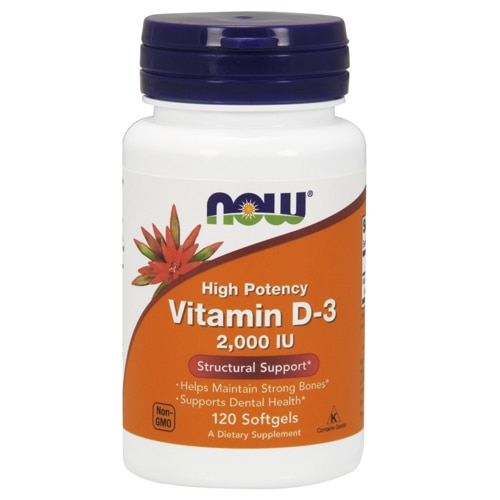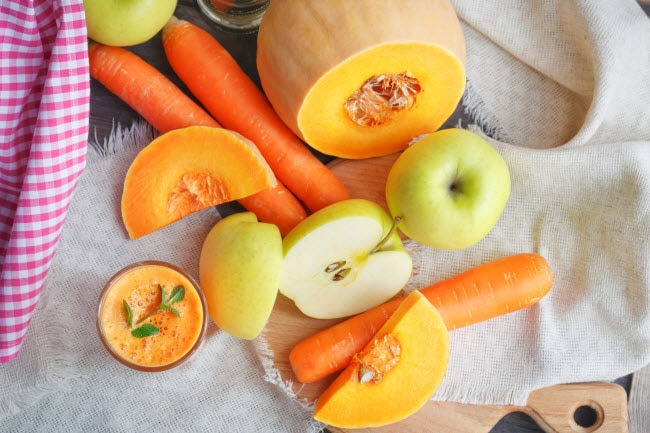As fall arrives, it’s time to put on a jacket, pull out a rake and get ready for another winter.
Some of us also should pay closer attention to our diet this autumn to ensure we stay healthy until next spring.
Fall and winter pose nutritional challenges unique to the seasons, says Erin Palinski-Wade, a Sparta, New Jersey-based registered dietitian and consultant to Swisse Wellness.
For example, spending less time outdoors puts you at increased risk of vitamin D deficiency.
“We get less sun exposure during the winter months,” says Palinski-Wade, who also is author of the book “2 Day Diabetes Diet.”
A lack of sunshine can prevent our bodies from creating adequate levels of vitamin D, which helps keep our bones and teeth strong.
Taking a vitamin D supplement can help make sure vitamin D levels remain where they should, Palinski-Wade says.
Fall and winter also mark the start of cold and flu season. Palinski-Wade says you can give your immune system a boost by eating foods rich in vitamin C.
“Vitamin C can be found in citrus fruits, dark green leafy vegetables and strawberries,” Palinski-Wade says.
Zinc-laden foods also can strengthen your immune system. Zinc can be found in nuts, seeds, shellfish, legumes and red meat.
Finally, Palinski-Wade notes that the change of seasons can wreak havoc with our sleep patterns.
“As the days get shorter and we turn back the clocks, you can find your sleep schedule become interrupted,” she says.
A lack of adequate rest can weaken our immune system. That makes it even more important to eat well so we can keep our bodies strong.
Staying focused on good habits
Unfortunately, it’s all too easy to let good dietary habits fall by the wayside as the weather cools, Palinski-Wade says.
“I find many people start to eat fewer fruits and vegetables as the summer produce is no longer in season or as readily available,” she says.
As a result, intake of both fiber and antioxidants can fall. So, make a point of continuing to consume the same healthful foods you ate over the summer.
“To get adequate nutrition all year long, aim to have at least one fruit or vegetable with each meal,’ Palinski-Wade says.
She recommends taking in a total of five servings or more of fruits and vegetables each day. “Choose from a variety of colors to provide a mix of nutrients,” she says.
The American Heart Association notes that some fruits and vegetables are in season during the fall months. That means they are likely to be both less expensive and more flavorful.
Such produce includes:
- Apples
- Pears
- Grapes
- Persimmons
- Broccoli
- Brussels sprouts
Balance out your plate with whole grains, nuts, seeds, legumes, and lean proteins such as fish, Palinski-Wade adds.
Taking vitamins and supplements
For some folks, eating plenty of fruits and vegetables may not be enough to keep vitamin levels where they should be during the fall.
“No matter how well you eat each day, it can be hard to take in every nutrient you need in the right amount every day,” Palinski-Wade says.
For example, up to 45 percent of adults 60 and older do not take in enough zinc through their diet, according to the National Institutes of Health.
So, for some people, taking a high-quality multivitamin each day might act as “an insurance policy that your body is getting what it needs,” Palinski-Wade says.
Consult with a physician to decide if taking a multivitamin or dietary supplement is right for you.




